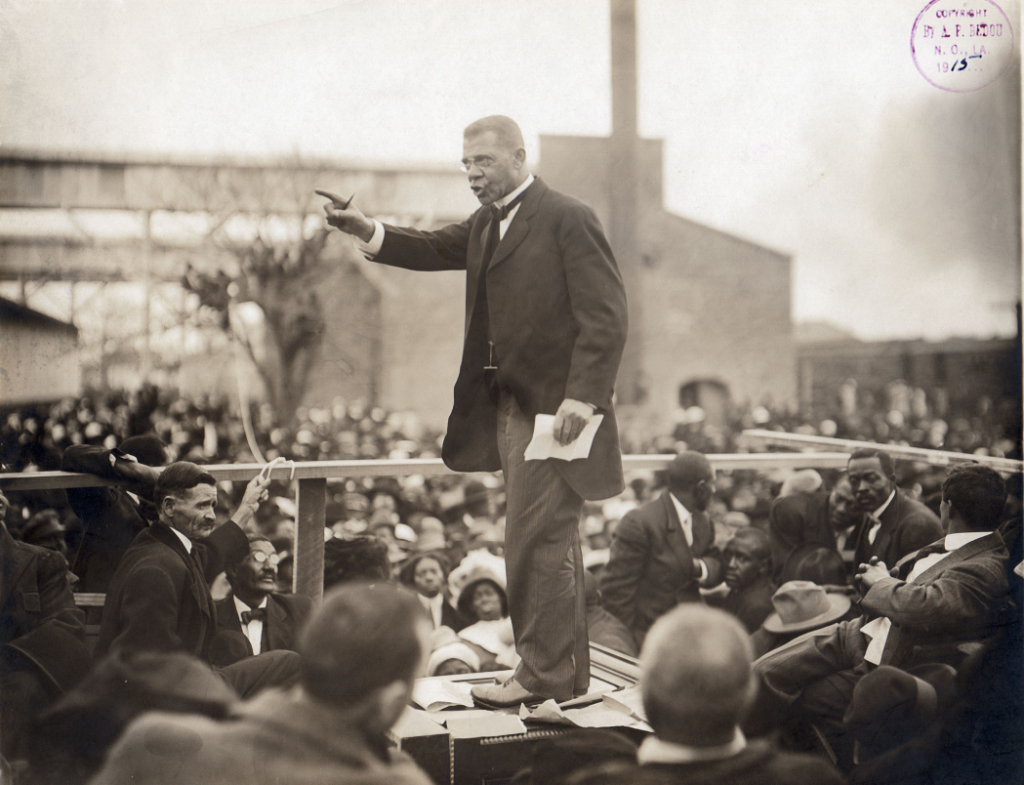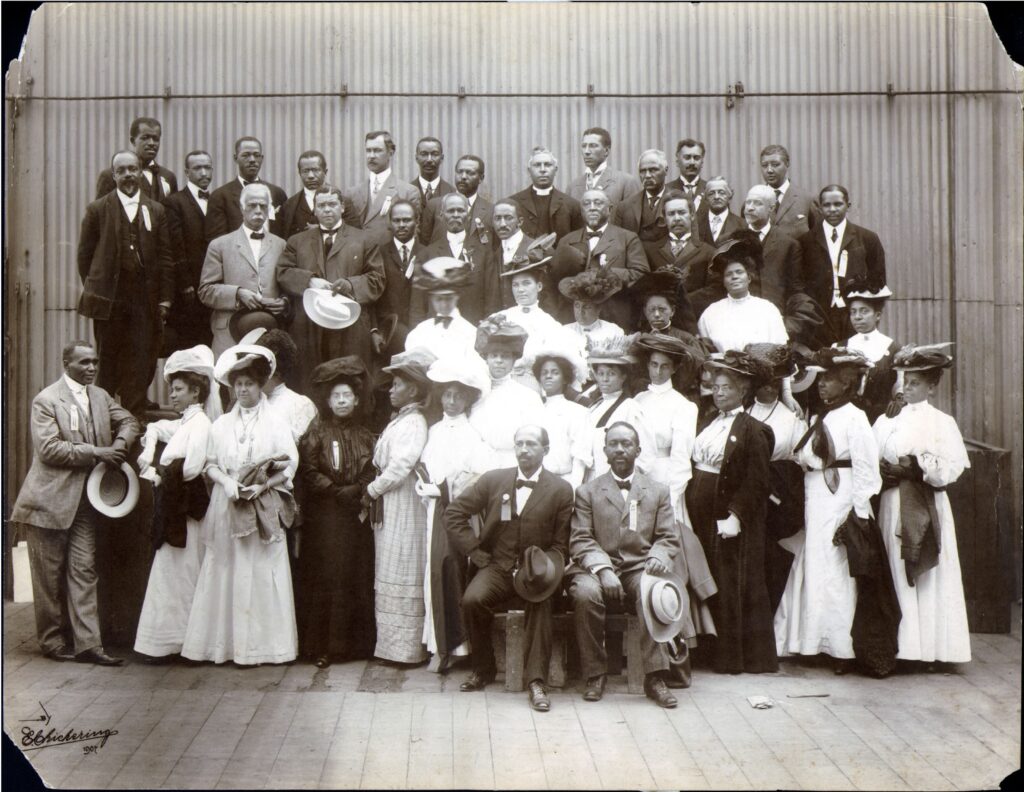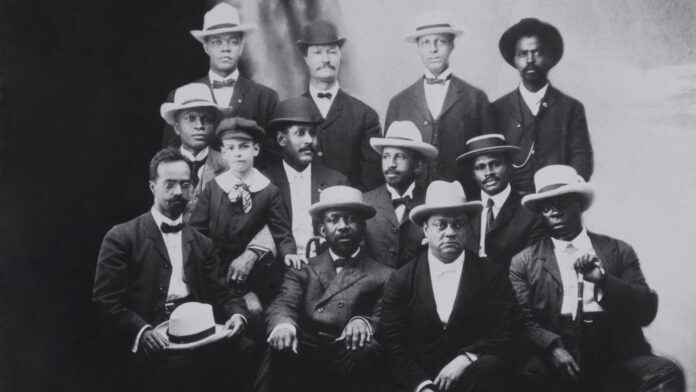( ENSPIRE Entertainment ) Celebrate W. E. B. Du Bois’s Birthday with New Documentary About the Civil Rights Trailblazer
ENSPIRE Contributor: Mel Jones
American author, historian, and civil rights leader W. E. B. Du Bois’s 156th birthday occurred this past Friday, and a new documentary has been released to highlight his contributions to the civil rights movement. Although Du Bois is renowned for his work in sociology and antiracist writings, his role in founding the Niagara Movement is often undervalued. A new film produced by WNED PBS highlights the issues facing Black Americans at the turn of the twentieth century and the role Du Bois, as well as many others, played in advocating for equal rights.
What was the Niagara Movement?
In 1905, Du Bois and Boston newspaper publisher William Monroe Trotter organized Black intellectuals in Buffalo to form the Niagara Movement as a response to Booker T. Washington’s conciliatory approach to race relations. The group was named to reference the power of the nearby Niagara Falls and the “mighty current” of protest they hoped to generate. The two of them summoned Black intellectuals, clergy, writers, newspapermen, and activists from across the country to organize the movement. To avoid being disturbed by Washington’s supporters, the group of 29 men ultimately met across the Niagara River in Fort Erie, Canada, where they drafted legislation calling for absolute equality for African Americans.

Unfortunately, the Niagara Movement disbanded only four years after its founding, but its impact still resounds throughout American history. The documentary details the challenges members of the group faced and their lasting influence in the civil rights movement.
The Film
To celebrate Du Bois’s birthday, WNED PBS’s original documentary The Niagara Movement: The Early Battle for Civil Rights is available for streaming. The film captures the conflict between sociologist, author, and intellectual DuBois, Boston newspaper publisher William Monroe Trotter, and orator and educator Booker T. Washington over the pathway to Black liberation during the turn of the 20th century. Emmy® Award-winning and two-time Oscar®-nominated filmmaker Lawrence R. Hott directed this film. It is currently streaming on Buffalo Toronto Public Media’s YouTube Channel, the PBS app, and theniagaramovement.org.
With commentary by prominent scholars and authors like Angela Jones, Aldon Morris, Amilcar Shabazz, and Chad Williams, the hour-long film immerses viewers in the conflict between three prominent Black leaders in the early days of the 1900s. Booker T. Washington had called the idea of social equality for African Americans “folly” and urged Blacks “to learn to dignify and glorify common labor.” However, the repressive Jim Crow laws and widespread lynching that sprung up at the end of Reconstruction pressed Du Bois and Trotter to oppose Washington’s attempts to placate white society.

Lasting Impact
In their first meeting, the group penned their founding Declaration of Principles. “We refuse to allow the impression to remain that the Negro-American assents to inferiority, is submissive under oppression, and apologetic before insults,” the group asserted — taking a firm stance against Washington and ideologies of domination. They went on to lobby against segregation policies and successfully take down other state laws. The movement only lasted a few years, but it set the tone for the modern American civil rights movement and directly inspired the formation of the NAACP.
Today, we can do our part by continuing to uplift the legacy of W. E. B. Du Bois and the countless other social rights leaders who were a part of this movement. This film is educational for younger audiences and adults alike, and it’s truly a worthwhile watch.
Related Articles: Black History Explored by New PBS DocuSeries HUMAN FOOTPRINT, Rae Chesny Sheds Light on Overlooked Black History







